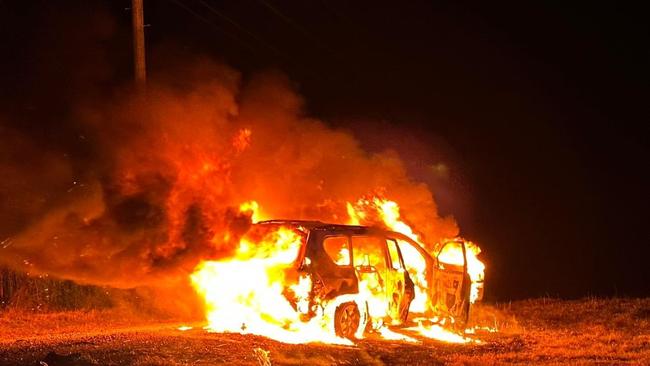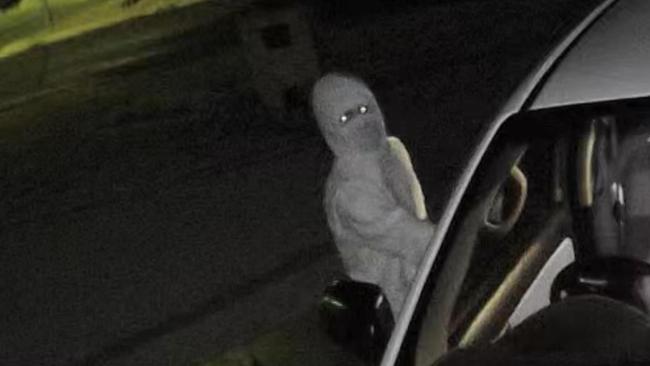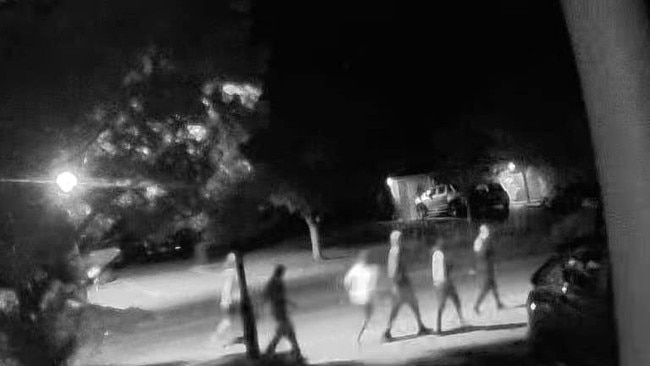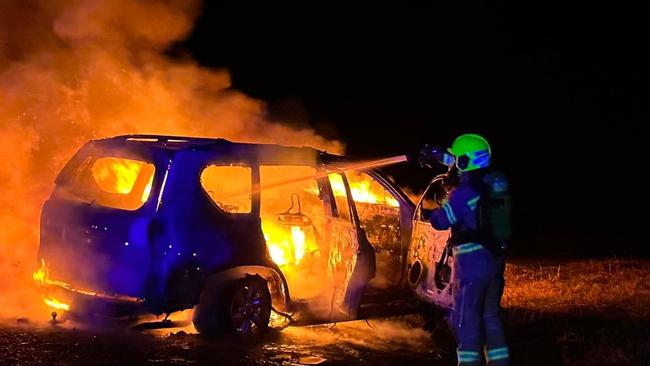‘Incapable of evil’: Review into court rule fuelling youth crime wave
A NSW Government review is targeting a court rule that is one of the biggest barriers for police to secure convictions for young offenders.

NSW
Don't miss out on the headlines from NSW. Followed categories will be added to My News.
The legal presumption that children between the ages of 10 and 14 do not know the difference between right and wrong will be under the microscope in a new NSW government review to be announced today.
The review into the legal presumption of doli incapax, the Latin phrase for “incapable of evil”, comes after The Daily Telegraph revealed in March last year that the test was one of the biggest issues preventing NSW Police from securing convictions for young recidivist offenders fuelling the state’s youth crime epidemic.
The test means that for a youth between 10 and 14 to be guilty of a crime, police must first prove beyond reasonable doubt in court that the child understands what they did is ‘seriously wrong’, not just “naughty”. This has led to many instances of repeat offenders escaping convictions and returning to the streets immediately after stealing cars and committing armed robberies.

State Parole Authority chair and former Supreme Court justice Geoffrey Bellew SC and former NSW Police deputy commissioner Jeffrey Loy will head up the new review which will be handed down in the second half of this year.
The review will consider how doli incapax is applied in criminal proceedings, whether it supports intervention measures for young offenders and how the laws could be improved to protect both community safety and the interests of children.

Attorney-General Michael Daley said he had commissioned the review after concerns were raised around the operation of doli incapax.
“The common law presumption of doli incapax dates back hundreds of years. It operates across all Australian jurisdictions and its existence in the common law has been affirmed by the High Court,” he said.
“I commissioned this review to ensure close consideration of any improvements that can be made and possible legislative reforms.”
The review comes as new research from the NSW Bureau of Crime Statistics shows the number of young people between 10 and 13-years-old found guilty of a criminal offence took a 60 per cent nosedive over the last nine years.

The BOCSAR study released today found a landmark High Court decision in 2016 strengthening the presumption of doli incapax was directly connected to the steep decline in convictions for the age group.
The case RP v The Queen, involved the appeal of a previous conviction of two counts of sexual intercourse with a child under 10. The defendant was 11-years-old when he raped his six-year-old younger brother, however the convictions were overturned when the magistrate found there was insufficient evidence to prove the he did know his behaviour was “seriously wrong” and not “merely naughty or mischievous”.

Since that decision, the proportion of 10-13-year-olds with a proven outcome in the NSW Children’s Court fell from 76 per cent in 2015-16 to 16 per cent in 2022-23, despite the volume of police charges over the period remaining stable. Similar trends occurred in Victoria and South Australia.
Guilty pleas across the age group also declined from 54 per cent to 14 per cent over the same time period.
BOCSAR executive director Jackie Fitzgerald said the results raised questions about how to support young people who commit serious crimes.
“Many young offenders desist from criminal behaviour of their own accord and require minimal intervention. However, a small number of very young people engage in serious crimes and can continue offending through adolescence and into adulthood,” she said.
“It is important that these individuals receive appropriate interventions, either within the justice system or outside it, to reduce criminal involvement and improve their long-term outcomes”.



